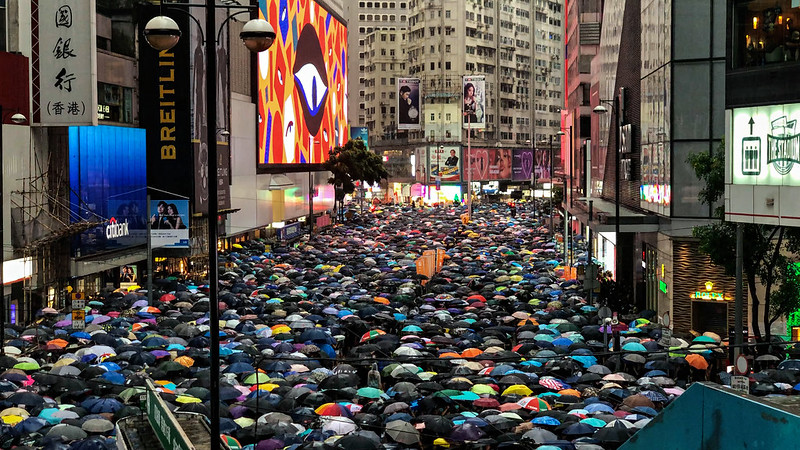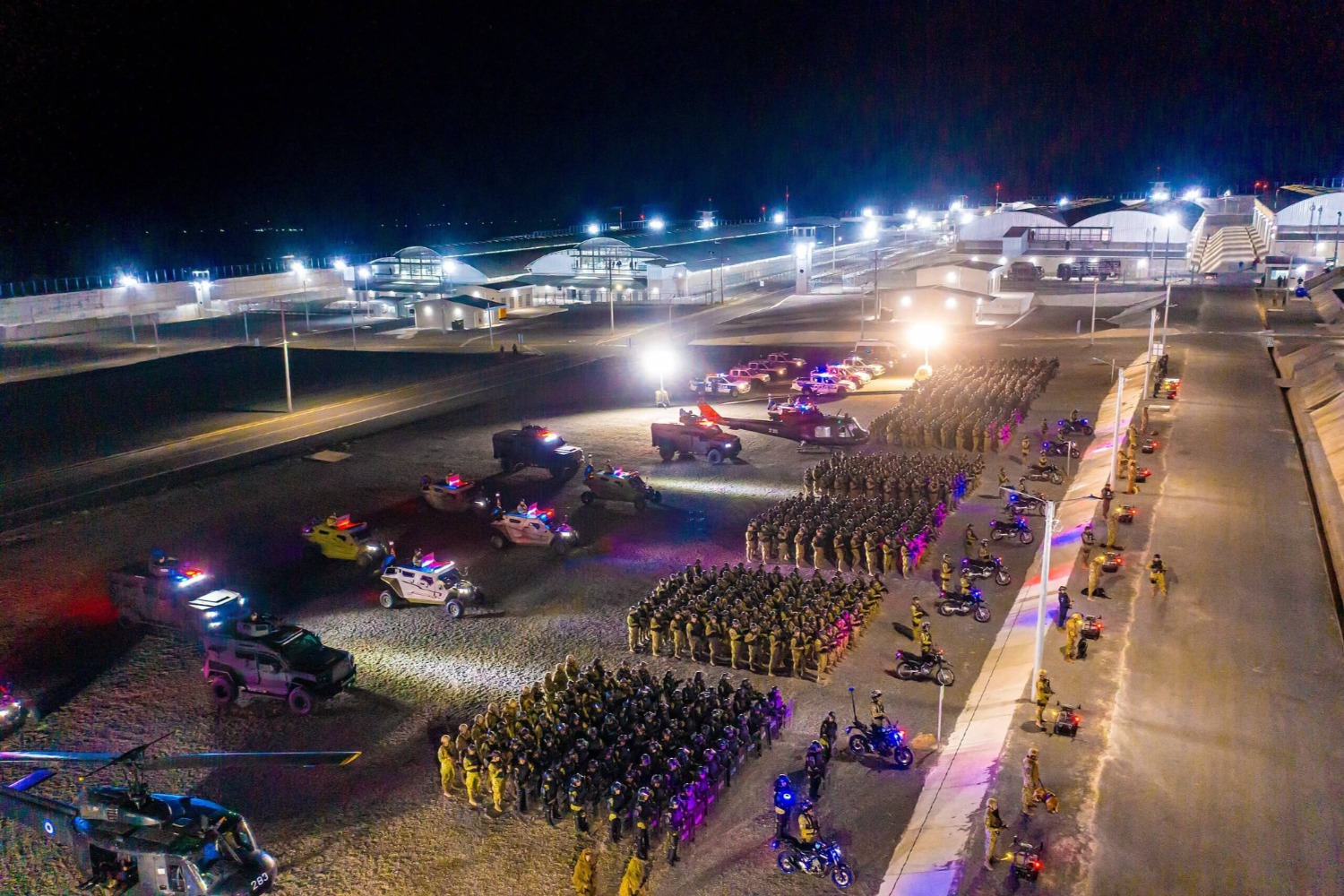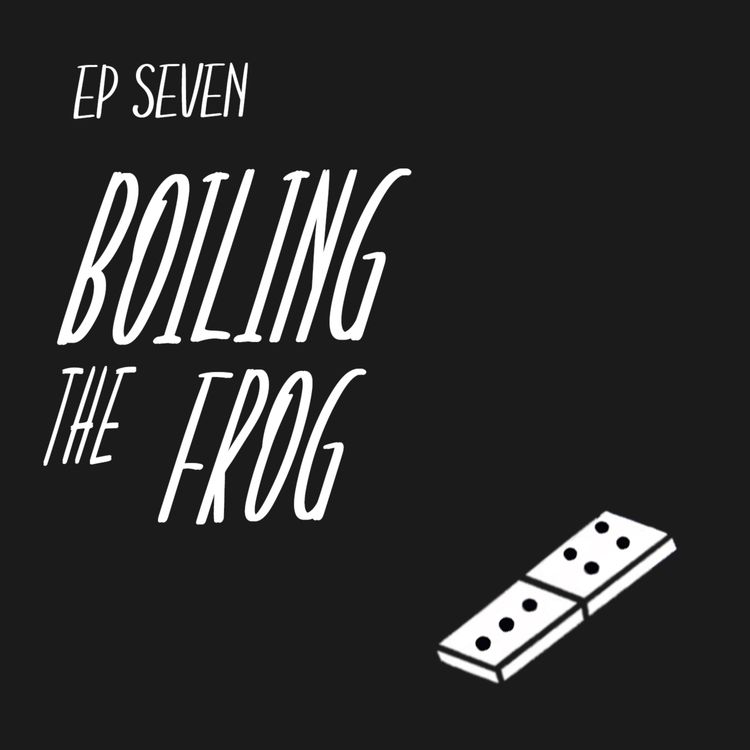What’s Happening in Hong Kong: Not Weeping Until Seeing the Coffin
Hong Kong voters’ resounding support for opposition candidates—despite the rising levels of violence over the past several weeks—should prompt critical reflection not only in Beijing but also among American commentators on China.

Published by The Lawfare Institute
in Cooperation With

Hong Kongers went to the polls on Nov. 24 in the city’s district council elections—the first vote available to the city’s residents since protests against encroachment by Beijing began six months ago. The mainland Chinese government and its supporters in Hong Kong expected the vote to be a referendum on the protest campaign, precipitated by a now-withdrawn bill that would have allowed extraditions from Hong Kong to the People’s Republic of China. And they were right—though not in the way they expected. To the extent that Hong Kongers understood the election as a referendum, voters pinned the blame largely on the territory’s political establishment.
Opposition parties made record gains in the district council elections on Nov. 24, taking control of 17 out of 18 councils—a marked reversal from pro-Beijing parties’ historic dominance of the local assemblies. Between 2015 and 2019 the pro-Beijing camp held a majority in every district. The extent of this reversal was a surprise even to Hong Kong’s pro-democracy camp—but it was a shock to those who support Beijing. Pro-Beijing politicians had counted on three things: the district councils’ mandate being tied more closely to local affairs, strong support from Beijing’s Liaison Office in Hong Kong, and the belief that public disillusionment with the continuing unrest in Hong Kong would act to their benefit. Ultimately, none of these factors was enough.
These results should prompt critical reflection within the Hong Kong and Beijing governments on how poorly they have grasped public sentiment in the territory and on possible methods to deescalate. But it should also prompt critical reflection by Americans. Many U.S.-based commentators have harped on about the increasing violence associated with the protests, particularly during the autumn of 2019. Yet Hong Kong voters’ refusal to cut ties with the political opposition—despite the rising levels of violence over the past several weeks—suggests that these “China hands” have badly misjudged the city’s political atmosphere. Their belated realization that the city faces an existential crisis due to Beijing’s continuing encroachment is redolent of the Cantonese expression “唔見棺材唔流眼淚” (“not weeping until seeing the coffin”).
This misjudgment should be evident from the events of 2019 alone. The Hong Kong government consistently ignored the demands of peaceful demonstrations from March to June 2019, including a million-strong march on June 9 (a turnout that amounted to nearly one in seven Hong Kong residents). Despite widespread accounts of police brutality over the past several months—beginning with the police firing rubber bullets and tear gas on demonstrators on June 12, and encompassing a litany of horrors ranging from sexual assault of arrestees to applications for “care or protection” orders against minors to separate them from their parents—there has been no suggestion from within the Hong Kong government that officers will be held to account.
And Hong Kongers have overwhelmingly sided against the government: A recent Hong Kong Public Opinion Research Institute survey found that 83 percent of respondents thought that the Hong Kong government as a whole had to bear a “somewhat large” or “large” extent of responsibility for the escalation of violence. In particular, 73 percent of respondents thought that the police bore a “large” or “somewhat large” share of responsibility, whereas only 40 percent considered the protestors to be primarily responsible. Yet, writing on Nov. 18, Richard C. Bush argued, “My view, from 30,000 feet and eleven-time time zones away, is that protesters provoked the police in enough cases to create a vicious circle of attack and counter-attack.”
More significantly, the China hands have understated or ignored the extent to which the Beijing and Hong Kong governments have undercut their commitments in the Sino-British Joint Declaration of 1984 (under which Hong Kong was returned to the People’s Republic of China in 1997) and the Basic Law (Hong Kong’s constitutional instrument). In the past five years alone, the Hong Kong and Beijing authorities have restricted the ability of opposition politicians to run for, or hold, elected offices; obstructed the organization of peaceful protests while ignoring protest demands altogether; and systematically prosecuted anyone who might be characterised as an opposition leader. This systematic elimination of “legitimate” avenues for political opposition over the past several years played a major role in the escalations of 2019. As a spray-painted message outside the legislative chamber proclaimed, “It was you who taught me that peaceful marches are useless.”
The history of the Hong Kong and Beijing governments flouting the Basic Law and the Joint Declaration is lengthy and well-documented. Incidents run the gamut from “interpreting” the Basic Law to dictate outcomes to Hong Kong judges in pending cases, to sending state security agents to kidnap foreign nationals from Hong Kong soil. For present purposes, I shall focus only on two issues: the chief executive electoral “reform” proposals of 2013-2014, and the Hong Kong government’s systematic suppression of political opposition after the Umbrella Movement.
Hong Kong’s chief executive is currently chosen by an “Election Committee” of 1,200—carefully stacked to ensure Beijing controls who the committee “elects.” Under Article 45 of the Basic Law, the “ultimate aim” is for the chief executive to be chosen by universal suffrage. However, the National People’s Congress Standing Committee (NPCSC) in Beijing repeatedly delayed elections from 2007 to 2012 and then 2017. On Aug. 31, 2014, the NPCSC issued a formal decision on what it understood an “election” by “universal suffrage” to mean. In essence, the existing “Election Committee” would become a “Nominating Committee,” which would be required to name two or three candidates. Each candidate would be required to receive the endorsement of at least 600 nominators—a departure from existing arrangements, under which a chief executive candidate needs to receive only 150 nominations.
The result is that it would become even more difficult for a pro-democracy candidate to be nominated under the 2014 decision (which has yet to be implemented). In previous chief executive “elections,” the pro-democracy camp was generally able to muster the (relatively few) nominations required to field an also-ran candidate. If the 2014 decision were adopted, by contrast, it would preclude any pro-democracy politician from running at all. Beijing would then present its two or three carefully selected candidates as a fait accompli and leave the Hong Kong electorate to ratify that choice, in a grim parody of universal suffrage. The arrangement resembles nothing so much as Monty Python’s infamous “Spam” sketch: The only options are those that Beijing has approved.
Despite the conspicuous absence of meaningful choice that the 2014 decision offered, several American China hands have repeatedly urged the Hong Kong public to accept it. Instead, Hong Kongers categorically rejected this Boss Tweed-esque nomination arrangement, resulting in the Umbrella Movement of 2014, in which protesters occupied public roads in several districts for several months, demanding genuine democratic elections.
The Umbrella Movement ended in 2014 without any concessions from the Hong Kong or Beijing governments. Instead, the Hong Kong government systematically closed off avenues for political or civic participation. After pro-democracy politicians made significant gains in the 2016 legislative elections, the Hong Kong government sought to disqualify two legislators-elect from office on the basis that they had deliberately altered their oaths of office. As I pointed out in January, the NPCSC delivered an “interpretation” of the Basic Law that would disqualify the legislators before the case was decided, in order to dictate the outcome of that litigation. The Hong Kong government subsequently disqualified four more elected politicians on the basis of that “interpretation.” Regardless of the political wisdom of tampering with oaths of office, the wave of disqualifications was wholly inappropriate to address an essentially political issue.
Not content with unseating duly-elected politicians, the authorities have also resorted to preventing them from running for office altogether. Returning officers—civil servants responsible for ensuring the integrity of elections—have repeatedly denied opposition politicians the right to run for elected office, ostensibly because their platforms are “contrary to the Basic Law.” This amounts to barring a politician from running for office because her platform includes a proposal for a constitutional amendment.
Hong Kong authorities have also clamped down on the political opposition’s ability to protest. In the years following the Umbrella Movement, the Department of Justice under Secretaries for Justice Rimsky Yuen and Teresa Cheng has aggressively prosecuted leading figures in the Umbrella Movement of 2014; meanwhile, acts of violence by police officers and pro-Beijing counter-demonstrators have largely gone unpunished. The police have also restricted the scope of subsequent protests. Hong Kong’s Public Order Ordinance creates a system under which, in effect, police permits are required for such demonstrations. Police have abused this system by imposing increasingly onerous conditions on the grant of “Notices of No Objection” for public demonstrations.
Consequently, the 2019 protest movement emerged against a background of systematic elimination of “legitimate” forms of dissent, as well as widespread impunity for police violence. Yet many American China hands have drawn moral equivalence between protester violence and police violence during 2019. In—rightly—refusing to condone violence by the protest movement, they have refused even to acknowledge the history necessary to understand it.
Instead, China hands in the United States have been busy pontificating about where the growing unrest in Hong Kong came from, how the protest movement should proceed, and how the United States should react. These arguments generally play on the same handful of themes: a cursory acknowledgement that Beijing bears some responsibility in creating Hong Kong’s current predicament, criticizing advocates of democracy in Hong Kong for not accepting earlier concessions, and the implicit or explicit equation of brutality by Hong Kong security services with the conduct of more “radical” demonstrators. With the sole exception of acknowledging Beijing’s responsibility, these points are misguided at best and disingenuous at worst, for all the reasons described above. Bush, for example, complains that the protest movement committed a “strategic mistake” by having no formal leadership—but anybody who might have occupied that role has been incarcerated or exiled.
Commentators sometimes also suggest that it would be possible to return to the “One Country, Two Systems” relationship between Hong Kong and mainland China through some sort of negotiated settlement among the Hong Kong public, the Hong Kong government and Beijing—while also denouncing any U.S. involvement beyond encouraging all three parties to accept that return. Discussion of the Hong Kong Human Rights and Democracy Act in the U.S. Congress—which would, among other things, require a regular review of the state of Hong Kong’s autonomy and was passed recently by both Houses of Congress—is a useful example. Despite vocal backing from some Hong Kongers, and widespread support within Congress, the bill was not nearly as popular with longtime China hands in the United States. In October 2019, former Amb. Susan Thornton dismissed the sanctions bill as something that “Beijingers will be dancing in the streets” over, arguing that it would primarily harm Hong Kong residents.
These U.S. commentators may well be correct to suggest that their recommended approach serves the United States’s interests. But it is disingenuous to suggest that this approach will serve Hong Kong’s interests.
First, a dialogue requires (at a minimum) two willing parties. Shortly after the transfer of sovereignty in 1997, the Hong Kong and Beijing governments began a process of undercutting “One Country, Two Systems”—arguably beginning with the first Basic Law “interpretation” by Beijing in 1999 (delivered at the Hong Kong government’s behest to, in effect, reverse an unfavorable ruling by Hong Kong’s Court of Final Appeal). By 2014, officials from Hong Kong and Beijing were insisting that the Joint Declaration lapsed in 1997 and therefore no longer has legal effect—an absurd position as a matter of international law. Decades of “urging” or “encouraging” the Hong Kong and Beijing governments to show restraint have done nothing to reverse that trend; if anything, they have emboldened them. To suggest that the governments will miraculously change tack after yet more “encouragement,” with no meaningful consequences if they refuse to do so, smacks of wishful thinking.
Second, more milquetoast “encouragement” might indeed serve the United States’s interests in maintaining a relationship with the People’s Republic of China (although that issue is up for debate). However, given the sordid track record of the Beijing and Hong Kong governments thus far, the odds that they will return to exercising relative restraint are slim. Against that background, the China hands must be aware that a strategy of “encouragement” realistically means—at best—a managed decline of the territory’s autonomy. Perhaps that is the best outcome that Hong Kong can reasonably hope for. But U.S. analysts should be honest that this is the consequence of the strategy they advocate.
Nobody knows for certain how events in Hong Kong will unfold, although the odds of an outcome avoiding significant bloodshed, or a protracted struggle resembling the “Troubles” of Northern Ireland, look increasingly bleak. Writing in September 2019, Jeffrey Bader called the Hong Kong situation “a Shakespearean tragedy.” Bush wrote more recently that “[w]e are likely witnessing the end of Hong Kong as we know it.”
There is a grim irony in noting that many of the same China hands who now bemoan Hong Kong’s demise have spent years—if not decades—ignoring or downplaying the warning signs emanating from the territory. It is also remarkable that—for all their talk of respecting the aspirations of the Hong Kong people—they dismiss the Hong Kong public’s judgment in rejecting a sham electoral system and ignore its assessment of who bears the primary responsibility for the current situation.
We will never know whether Hong Kong’s fate would have differed if the Hong Kong Human Rights and Democracy Act—or something like it—had been passed years earlier, or if the State Department had prepared annual reports on the state of Hong Kong’s autonomy under the U.S.-Hong Kong Policy Act between 2007 and 2015, rather than engaging in a lengthy hiatus. But it behooves everyone involved to more clearly acknowledge what has gone wrong, what is at stake and what the likely outcomes will be. As the areas of U.S.-China conflict multiply, the need for clear-eyed, honest analysis will only increase. As Hong Kong’s current predicament demonstrates, such analysis seems to be in short supply. Hopefully there will not be too many more coffins, literal or metaphorical, to weep over.





